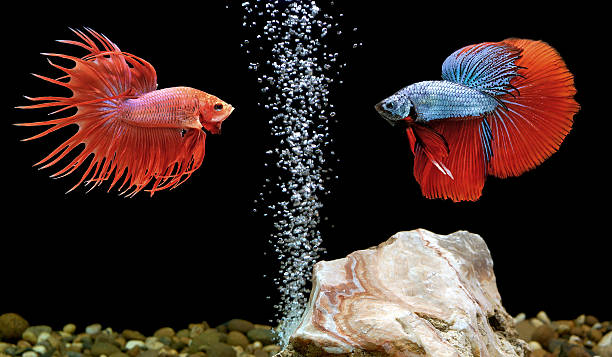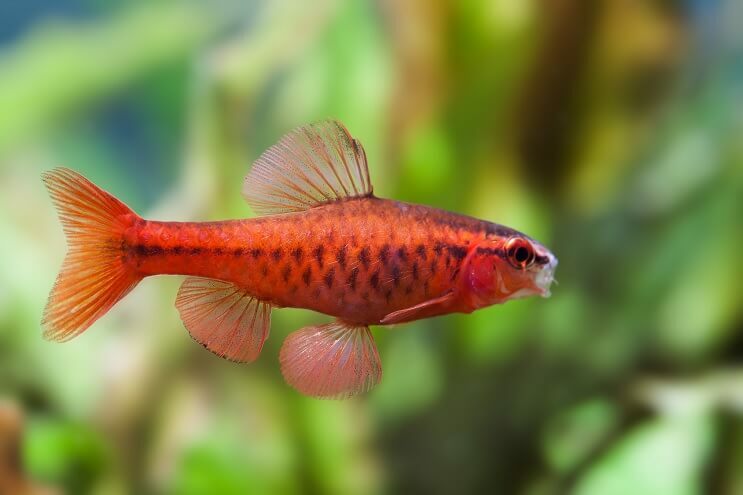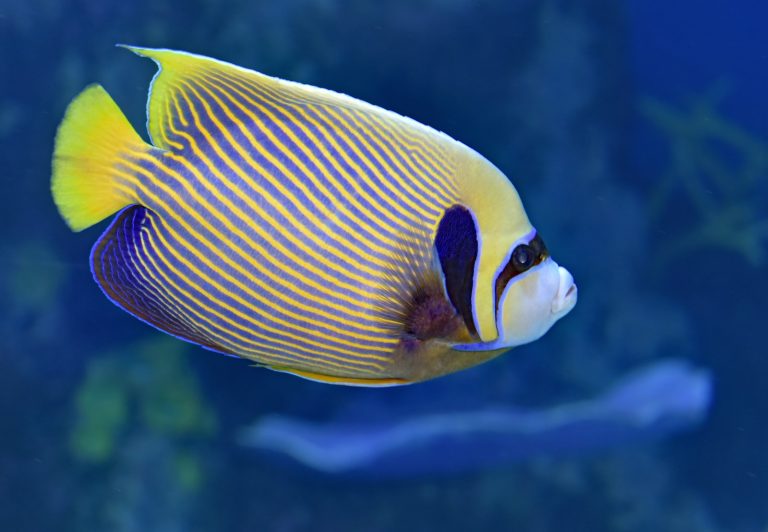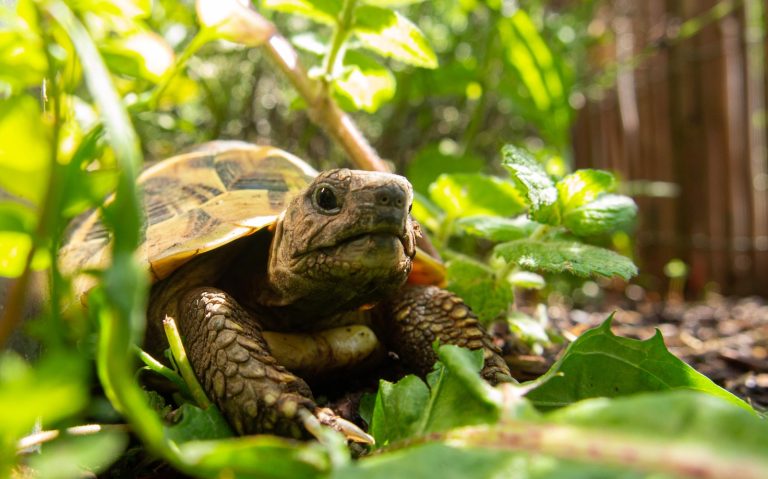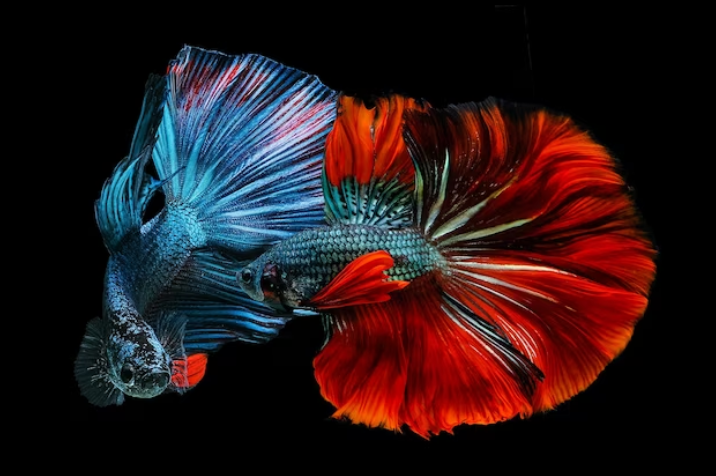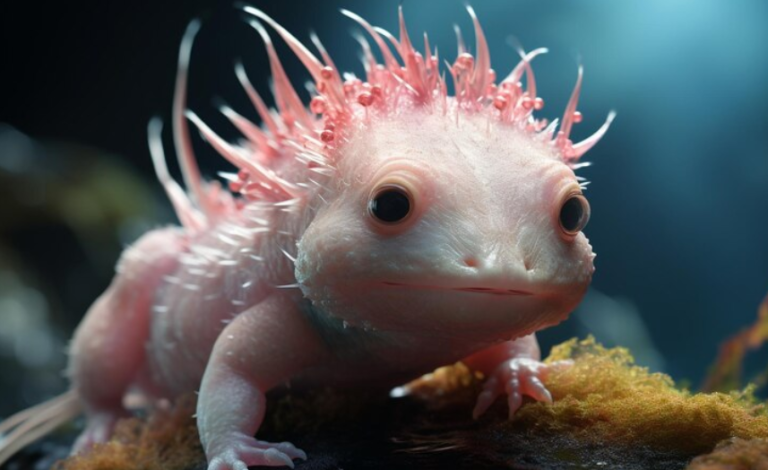Betta fish, also known as Siamese fighting fish, are popular aquarium pets known for their vibrant colors and graceful movements. As a responsible betta fish owner, it’s crucial to ensure a safe and healthy environment for your aquatic companion. One aspect of this care involves being aware of the toxic plants that can be harmful to betta fish. In this comprehensive guide, we will explore various toxic plants for betta fish, their potential dangers, and provide expert advice on creating a safe and thriving environment for your beloved bettas.
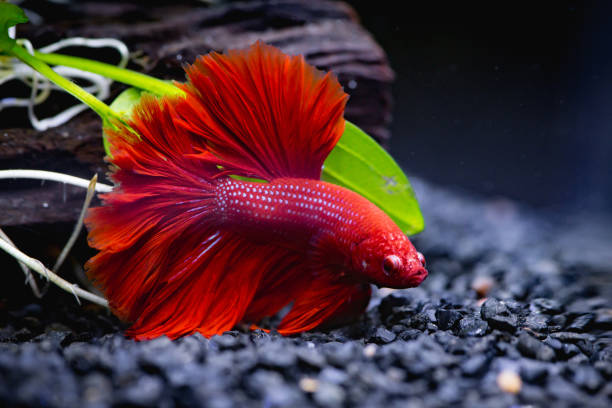
Toxic Plants for Betta Fish: Understanding the Risks
Toxic plants pose a significant threat to the well-being of betta fish. They can release harmful substances into the water, leading to various health issues ranging from irritation to severe poisoning. It’s essential to identify and eliminate these toxic plants from your betta fish tank to prevent any adverse effects.
Identifying Toxic Plants
When it comes to toxic plants for betta fish, it’s crucial to know which ones to avoid. Here are some commonly found toxic plants that should not be kept in a betta fish tank:
- Dieffenbachia (Dumb Cane)
- Pothos (Devil’s Ivy)
- Philodendron
- Peace Lily
- Aloe Vera
- Elephant Ear
- English Ivy
Dangers of Toxic Plants
Toxic plants can have a range of harmful effects on betta fish, including:
- Irritation and Inflammation: Some plants can cause skin irritation, redness, and inflammation if the fish comes into contact with their leaves or sap.
- Toxicity: Certain plants release toxins into the water that can poison betta fish. This can lead to symptoms such as lethargy, loss of appetite, difficulty breathing, and even death in severe cases.
- Digestive Issues: Ingesting toxic plant material can cause digestive problems in betta fish, leading to bloating, constipation, or diarrhea.
To ensure the well-being of your betta fish, it’s crucial to take proactive measures to prevent any exposure to these toxic plants.
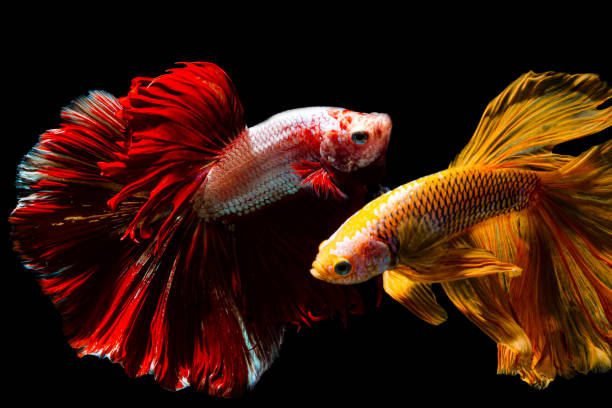
Creating a Safe Environment for Your Betta Fish
Now that we understand the risks associated with toxic plants, let’s explore some strategies to create a safe and healthy environment for your betta fish.
Choosing Safe Plants
When selecting plants for your betta fish tank, opt for non-toxic varieties that won’t pose any harm to your fish. Here are some examples of safe plants that can enhance the aesthetics of your aquarium without endangering your bettas:
- Java Fern (Microsorum pteropus)
- Amazon Sword (Echinodorus amazonicus)
- Anubias (Anubias barteri)
- Water Sprite (Ceratopteris thalictroides)
- Hornwort (Ceratophyllum demersum)
- Java Moss (Taxiphyllum barbieri)
By choosing these non-toxic plants, you can create a visually appealing and safe environment for your betta fish to thrive.
Proper Plant Placement
The placement of plants in your betta fish tank is equally important. Follow these guidelines to ensure optimal safety:
- Avoid Overcrowding: Overcrowding the tank with plants can limit the swimming space for your bettas and create hiding spots where they may come into contact with toxic plants. Maintain a balance between plant density and open swimming areas.
- Separate Toxic Plants: If you have non-toxic and toxic plants in your tank, make sure to keep them separate. This will prevent any accidental contact and minimize the risk of toxicity.
- Monitor Plant Growth: Regularly trim and maintain the plants in your tank to prevent them from overgrowing and encroaching on the swimming space of your bettas.
By following these placement guidelines, you can mitigate the risks associated with toxic plants and create a harmonious aquatic habitat for your betta fish.
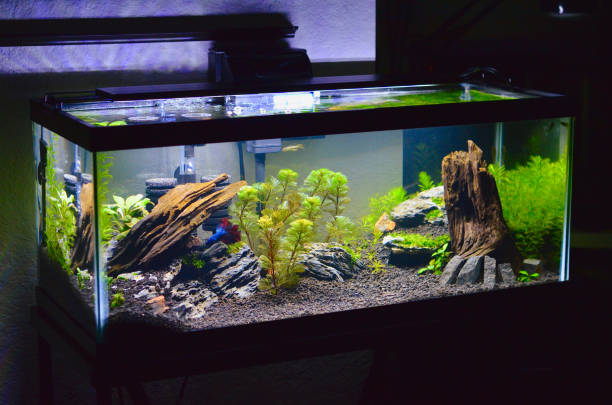
Alternative Decorations
If you are concerned about the potential risks of live plants, there are alternative decoration options that can provide a safe and aesthetically pleasing environment for your bettas. Consider using artificial plants, ceramic decorations, or driftwood to create a visually appealing aquarium without the worry of toxicity.
Frequently Asked Questions (FAQs)
Here are some frequently asked questions about toxic plants for betta fish:
Q: Can I keep any toxic plants in my betta fish tank if I take precautions?
A: It is not recommended to keep toxic plants in a betta fish tank, even with precautions. Accidents can happen, and it’s best to eliminate the risk altogether by choosing non-toxic plants.
Q: Are there any benefits to keeping live plants in a betta fish tank?
A: Yes, live plants offer numerous benefits such as oxygenation, natural filtration, and providing hiding spots for your bettas. Just ensure that the plants you choose are non-toxic.
Q: What should I do if I suspect my betta fish has ingested a toxic plant?
A: If you notice any symptoms of toxicity or suspect your betta has ingested a toxic plant, immediately remove the fish from the tank and consult a veterinarian experienced in fish care.
Q: Are there any safe alternatives to live plants for a betta fish tank?
A: Yes, you can opt for artificial plants, ceramic decorations, or driftwood to create a safe and visually appealing environment for your bettas.
Q: How can I keep my betta fish healthy and happy?
A: Along with creating a safe environment, ensure proper nutrition, regular tank maintenance, and provide mental stimulation through enrichment activities like betta toys and varied feeding methods.
Q: Can I use a water conditioner to neutralize the toxins released by certain plants?
A: While a water conditioner can help in some cases, it is not a foolproof solution. It’s best to eliminate the presence of toxic plants altogether to ensure the safety of your betta fish.
Conclusion
Creating a safe and thriving environment for your betta fish is of utmost importance as a responsible owner. By understanding the risks associated with toxic plants and taking proactive measures to prevent their presence, you can provide your bettas with a healthy and enjoyable living space. Remember to choose non-toxic plants, properly place them in the tank, and consider alternative decorations to minimize any potential risks. By prioritizing the well-being of your betta fish, you can foster a long and happy companionship with these beautiful aquatic creatures.
